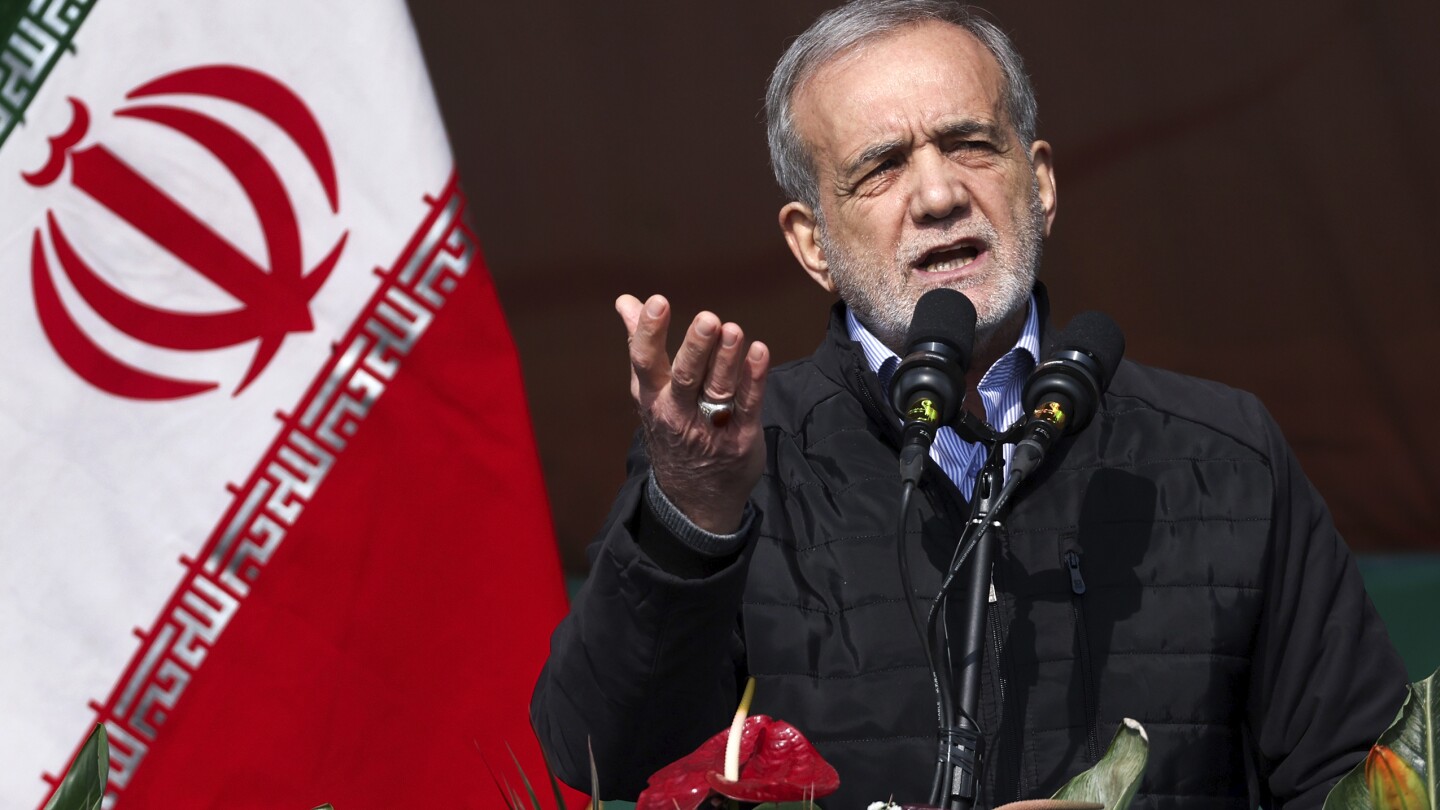Iran Spurns US Talks Following Trump's Letter: Tensions Remain High
Tehran, Iran – Tensions in the Middle East have escalated following the release of a letter from former US President Donald Trump to Iranian Supreme Leader Ayatollah Ali Khamenei. The letter, the contents of which remain undisclosed, was reportedly an attempt to restart stalled nuclear negotiations. However, Iran has firmly rejected any such overtures, further solidifying the already strained relationship between the two nations.
This latest development follows years of diplomatic deadlock surrounding Iran's nuclear program. The 2015 Iran nuclear deal, formally known as the Joint Comprehensive Plan of Action (JCPOA), collapsed after the Trump administration withdrew from the agreement in 2018 and reimposed crippling sanctions. Despite subsequent attempts by the Biden administration to re-engage in talks, little progress has been made.
Iran's Rejection: A Blow to Diplomacy?
Iran's swift and decisive rejection of any dialogue following Trump's letter underscores the deep distrust that exists between the two countries. The Iranian Foreign Ministry issued a statement characterizing the letter as a "propaganda stunt" and a desperate attempt to deflect attention from domestic issues within the United States.
The statement further emphasized Iran's commitment to its own national interests and its unwavering resolve to pursue its nuclear program, within the limits it deems acceptable. This stance leaves little room for optimism regarding a renewed diplomatic process in the near future.
Analyzing the Implications:
This rejection carries significant implications for regional stability and global security:
- Increased Regional Instability: The lack of diplomatic progress increases the risk of further escalation in the already volatile Middle East. The possibility of a renewed arms race or even direct military conflict remains a significant concern.
- Nuclear Proliferation Concerns: Continued Iranian pursuit of nuclear technology raises concerns about potential nuclear proliferation in the region, a scenario that could have devastating global consequences.
- Impact on Global Oil Markets: Any significant disruption in the Middle East could have a dramatic impact on global oil markets, leading to price volatility and potential economic instability worldwide.
- Strained US-Iran Relations: The rejection solidifies the deep mistrust and animosity between the US and Iran, making future cooperation on any issue extremely challenging.
What's Next?
The current situation leaves the future of US-Iran relations uncertain. The Biden administration faces a significant challenge in finding a way to de-escalate tensions and potentially reignite diplomatic efforts. However, given Iran's strong rejection of Trump's overture, the path forward appears fraught with difficulties. The international community will be closely watching developments in the coming weeks and months, hoping to avoid a further escalation of the conflict.
Keywords: Iran, US, Nuclear Deal, JCPOA, Trump, Khamenei, Middle East, Sanctions, Diplomacy, International Relations, Regional Stability, Nuclear Proliferation, Global Politics, Oil Markets.
Call to Action: What do you think is the best way forward to resolve the ongoing tensions between Iran and the US? Share your thoughts in the comments below.

